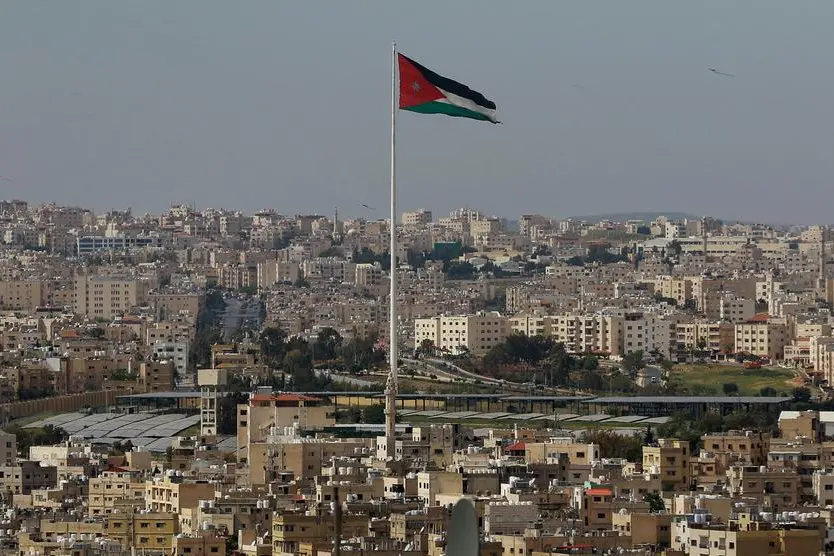PHOTO
AMMAN – A delegation from Jordan headed by UN-Habitat Jordan concluded last week a five-day field visit to Netherlands under 'Smart Urban Water Management' project to explore smart water solutions.
The knowledge exchange mission funded by the Embassy of the Kingdom of the Netherlands in Jordan, brought together national and municipal experts from the Ministry of Water and Irrigation, Ministry of Environment, Ministry of Public Works and Housing, Greater Amman Municipality, Greater Irbid and Mafraq Municipalities and the Royal Society for the Conservation of Nature.
During the field visit, the delegation learnt about the Dutch expertise on managing flash floods, harvesting rainwater, and transforming urban infrastructure into green and adaptive systems, according to UN-Habitat.
Head of UN-Habitat Jordan Country Programme, Deema Abu Thiab stressed that "We are not importing solutions, we are co-developing scalable models tailored for Jordan’s context, such as green rooftops in Irbid, sponge gardens in Amman and smart irrigation in Mafraq."
She added "We aim to mainstream nature-based solutions in urban policies and plans."
Greater Amman Municipality representative, Nemeh Al Qatanani addressed the importance of the mission as Jordan is one of the world’s most water-scarce countries, and its vulnerability to climate-induced flooding and drought has reached a tipping point.
She said that "Water Square is not hidden underground or fenced off, it is human-centered resilience, integrating stormwater retention with recreation, learning and civic pride."
Hydrologist at the Ministry of Water and Irrigation, Alaa Hawamdeh, said "The visit offered inspiring lessons in transforming urban- related water challenges into opportunities." She added "We saw football fields that double as rainwater reservoirs, and rooftops that are not just green but also functional and climate responsive."
The participants outlined a knowledge exchange roadmap and are planning "pilot" initiatives for Jordanian cities; a toolkit of Urban Green Infrastructure Typologies is now under development, translating Dutch innovation into local action, according to UN-Habitat.
The Ministry of Environment representative, Sarah Al-Haleeq, noted that "The practical assignment bridged theory with practice".
She added "It was a bold reminder that small interventions, when guided by sound policies and local plans and implemented through a participatory approach, can trigger systemic change."
For his part, Regional Director for the Middle East and North Africa at World Waternet, Kees van der Lugt, emphasised the "importance" of system thinking and long-term collaboration in sustainable water management.
Regional Director said "Peer-to-peer cooperation and a full water cycle approach are key to mainstreaming the implementation of green infrastructure,"
He added that "Sustainable impact emerges when knowledge and responsibility are shared across cities and sectors."
During the Rotterdam site visit, the delegation saw the "multifunctional" public spaces, such as the iconic Benthemplein Water Square, as well as innovative and smart approach to city planning and urban design can contribute to enhancing water security.
Greater Irbid Municipality representative, Rabab Ali "We must transform Irbid into a sponge city, where rainfall becomes a resource, not a risk."
Mafraq Municipality representative, Suhaib Al-Harasheh, talked about the insights were practical and inspiring. He said "By harvesting rainwater in public spaces and greening them, we can create multifunctional areas that mitigate climate impacts, address water scarcity, enhance food security and foster inclusive community
Greater Amman Municipality representative, Tamam Al-Hussami, said "It was a walk through the greener future, where research and engineering converge to create deployable, smart urban water solutions."
© Copyright The Jordan Times. All rights reserved. Provided by SyndiGate Media Inc. (Syndigate.info).





















